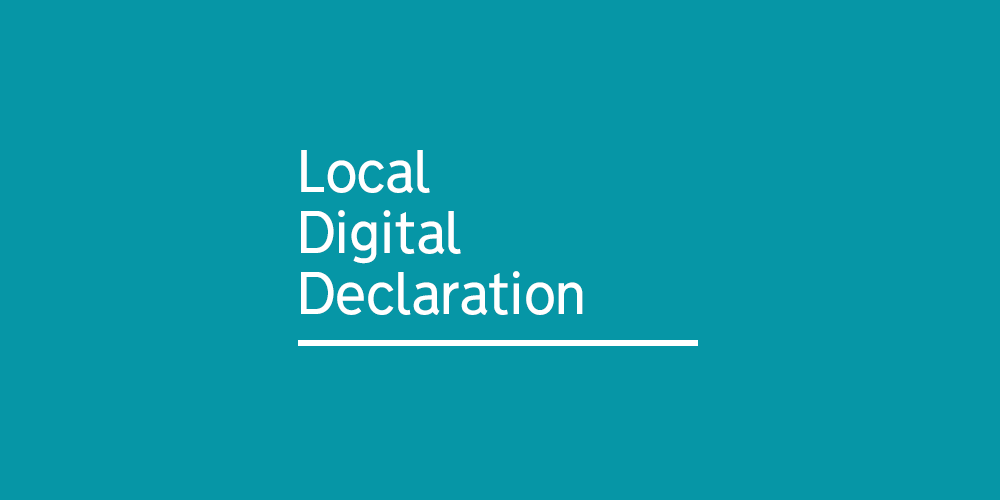Results of our first service assessment
Did the alpha version of Croydon Digital meet the standard?

As part of our commitment to the Local Digital Declaration principles, we carried out our first service assessment on this site, the croydon.digital blog. Service assessments are the process by which we (and other right-thinking digital teams) check that the services we are delivering are high quality, using the Government Digital Service Standard as our guide.
This first assessment was as much learning how to carry one out as it was assessing the service, and improvements can be made to both. The main point of doing them is to make the service or product better, through positive, collaborative feedback.
The assessment was run by a panel of experts from Croydon Digital Service (CDS) – importantly, people who weren’t involved in creating this particular service. Panels are normally made up of 4 or 5 assessors, including a lead assessor, a user researcher, a designer and a technical lead. There are usually a couple of observers, we had two observers who actually came in handy and took notes, while Annie Heath (chair – Digital Design Manager), Jon Mellor (Technology and Architecture Manager) and I (Digital Business Partner), asked questions.
Neil Williams (our Chief Digital Officer) started by giving a brief overview of the croydon.digital blog. We then quizzed Neil and the other presenters, Dave Briggs (Head of Digital Operations) and Angie Forson (Content Designer) on how the croydon.digital blog met each point of the service standard, demonstrating what went well and what could be improved on in each area. We used the LocalGovDigital assessment template, which came in really handy, and of course is another example of local councils working together and sharing.
We booked out two hours for the session which seemed to be enough time, although for other services we think we’d need longer, as we didn’t actually spend time looking at the blog given we were all so familiar with it. Usually the service team would walk the panel through the end to end journey or product. Overall, the assessment itself was more like a chat which flowed easily rather than an interview.
At the end of the assessment the presenters left and the panel members stayed to review the answers and assess whether it met the service standard. We agreed that overall the blog partially met the standard – sufficient for an alpha stage assessment, with points to improve on in future. From the report, this was because:
- The team used existing knowledge and experience to deliver a tried and tested service
- The team iterated effectively to deliver a minimum viable product against a tight deadline, with the intention to continue iterating to improve the service
- Despite not working in a dedicated, agile multidisciplinary environment, the team used basic agile methods to deliver the minimal viable product (MVP).
You can download the report in full if you would like to see it (PDF).
The next steps are to iterate the blog from alpha to beta. This is just the start of our journey at Croydon to adopting the GDS-style ways of working and we knew we wouldn’t meet all the points yet, but that’s OK as on the next iteration we will. The outputs have helped the team create a backlog (list of things to do) for the next iteration. That’s the idea – by doing the assessments it means each iteration is better and the final live version meets the needs of our users.
We also did a retro on how the service assessment went, which has helped us to improve the assessment process itself for when we roll it out to colleagues. As part of the retro we reviewed the template and decided to group questions together if they are on the same theme, and also make the template similar to the end report format to make it easier to publish. The final thing we did was put together a guide for colleagues who will be sitting on assessment panels so they know what to expect.
The next stage is to bring our colleagues in the wider council along with us and carry out service assessments on the services they are planning and building. Up next is e-marketplace (a service for people to access equipment and services to manage health conditions), our new tech support service desk, and the Croydon Urban Edge site. To demonstrate the values we want the council to embrace – including working in the open – we will document the results of all service assessments here, on the croydon.digital blog.

